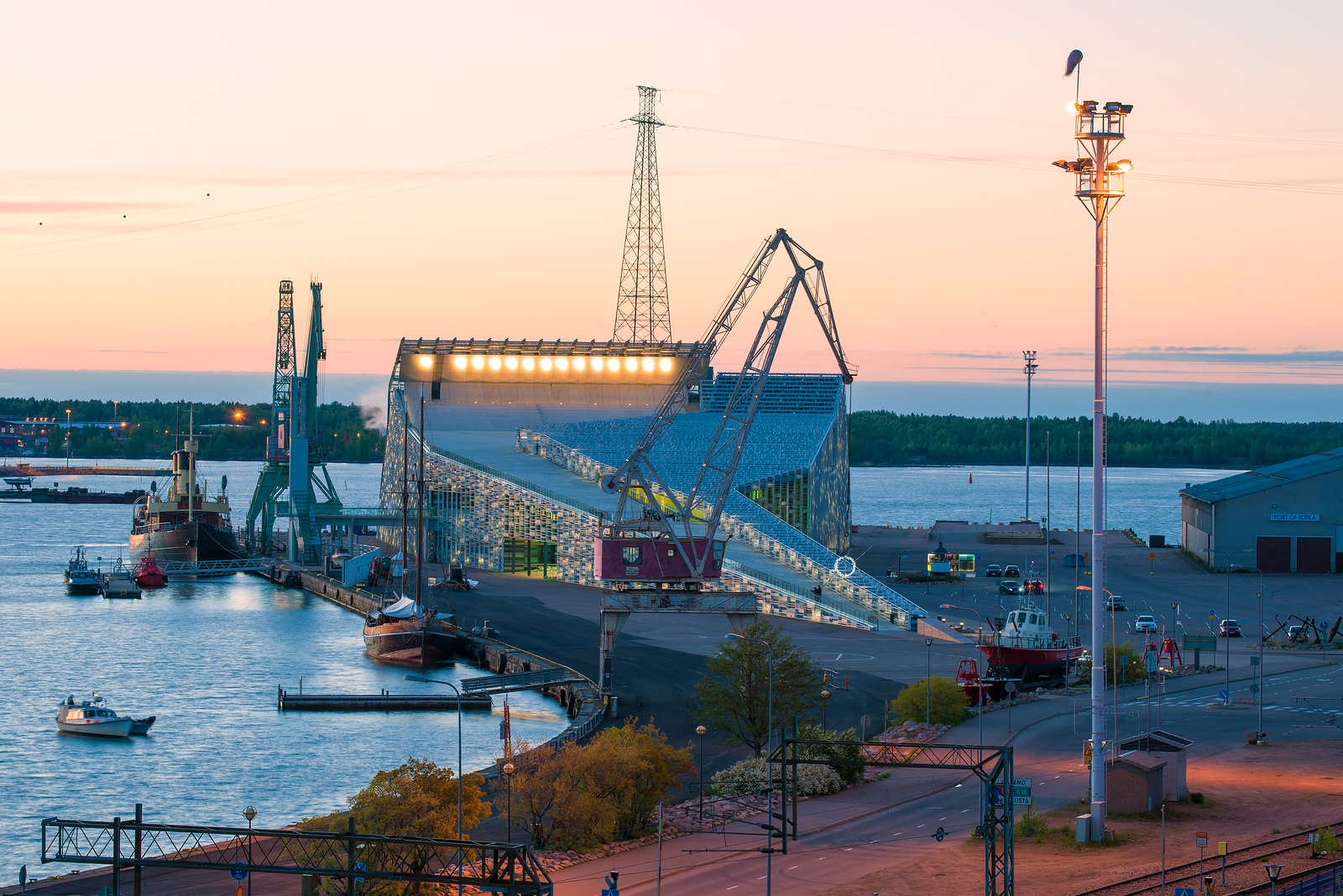
Finland Revises Waste Disposal Regulations For Ports
Finland has announced that changes will be made to the Act on Environmental Protection in Maritime Transport in order to improve the treatment and reception of waste in the country’s ports, while reducing the amount of marine litter and plastic being discharged into the sea.
Key concepts include advance waste notification, clarification of the adequacy of facilities and the delivery of waste to reception facilities will all be clarified, while provisions on exemptions for ships in scheduled traffic will be harmonised, Euroshore reports.
The separate collection of different waste types will now have to be arranged in ports and ports will have to grant discounts in the future on waste fees to ships that are ensuring that waste is managed in an environmentally friendly way.
Monitoring of the waste situation will also be increased in the future, with a minimum of 15 per cent of all individual ships calling into ports each year due to be inspected.
Discharges of waste at sea still take place, despite developments having been made in international regulation regarding emissions. There are numerous reasons for this, such as inadequate port reception facilities, insufficient enforcement, a lack of incentives to deliver said waste onshore and so on… but these issues are now being addressed.
For example, in Helsinki, the capacity to receive waste is good and foreign cruise ships are also now delivering sewage in-port.
Finland’s Ministry of Transport and Communications is now putting together legislation that will ensure the amendments required by the EU directive on port reception facilities for the delivery of waste from ships. A consultation is now due to be held for the key stakeholders, with a draft government proposal put forward for comments in the spring.
In order to limit and control sea discharge, ports will now have to provide adequate facilities to collect all sorts of waste – and storing waste onboard will only be seen to make sense when ships can transfer it to shore-based facilities.
The review, which took place in 2018, intended to improve the protection of the marine environment and also ensure the efficiency of maritime transport operations in ports.
It has been agreed that ships will have to pay an indirect fee, regardless of waste delivery. This will cover all ship waste (apart from that which has been created from scrubbers and for cargo residues). Extra charges can be imposed if the amount of waste exceeds the maximum dedicated storage capacity of the port in question.
Smaller non-commercial ports that see low or seasonal traffic will not have to put waste reception plans together if their port waste collection comes under the municipal waste handling system.
For help with waste oil collection, get in touch with us today.
